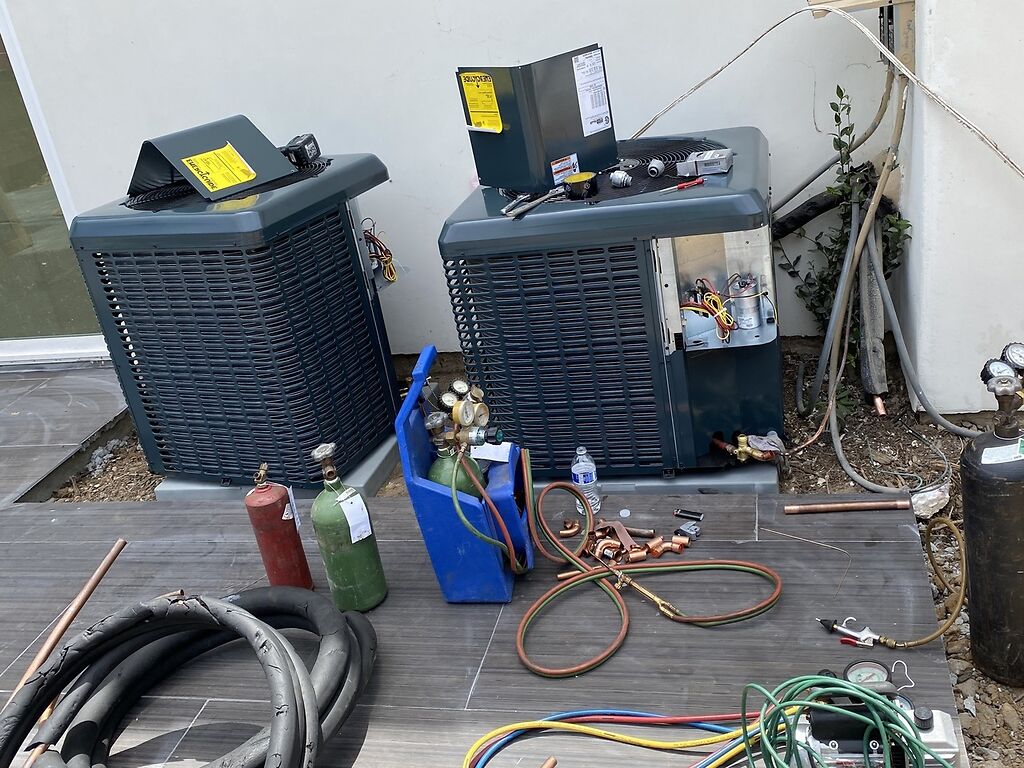Remodeling your home, or even just one part of your home, is a job consisting of many other jobs, none of which can be described as small. Just one part of the remodel that you will need to take into consideration is the electrical work. This is often a complex job, and not easily completed by someone who is not expertly trained in the field.
If you're consider an electrical remodel in your home, or a remodeling project that will involve electrical work, here are answers to a few of the questions you may have:
How much will it cost to remodel the electrics in a house?
As with many home remodeling tasks, the bigger the job, the more it will cost. The average cost to completely redo the electrics in a US home is around $2,500, but this can range from as little as $1,500 and as much as $10,000. DIY jobs might cost less in terms of labor, but professional electrical contractors can often get parts at a cheaper rate than a homeowner will be able to get them in a local DIY store. The price increase of parts might outweigh the costs of the DIY job.
It has been estimated that a 2,000 square foot home could cost in the region of $3,000 to $6,000 to electrically remodel, using a professional electrical contractor; but you must bear in mind that you are paying someone or a company with qualifications, experience, and appropriate qualifications. The contractor or company will usually offer work with a guarantee or warranty, and have full liability insurance, which means that you are covered if someone goes wrong. During a DIY electrical remodeling project, you - the homeowner - will be responsible for these costs if things go wrong.
An electrician's hourly rate for this type of job will be between $60 and $100 — but these labor costs are usually included in the full quote.
How long will it take to remodel the electrics in a house?
A professional electrical contractor will usually give an estimate of 2 to 10 days for the average US home. The bigger the home and the more rooms it has, the longer it will take. A smaller building will obviously take a shorter length of time.
Things that can cause your electrical remodeling job to take longer include: much more complex jobs, seriously damaged electrical systems or wiring, and damage or other hazards that need to be dealt with.

Can you live in a home while the electrical system is being remodeled?
There is nothing to stop you from living in your home while the electrical system is being remodeled, but it is not advised. Some companies or contractors may even request that you are not in the premises while the job is being done.
A full electrical remodeling job is usually done in two main parts. The first part will involve old wiring being removed and new wiring being installed in the walls, floors, ceilings, etc. The second part involves the inside parts of the system being installed, such as switches, sockets and light fixtures. There will be drilling, banging, and lots of other noise, and there will also be a lot of mess. Carpets and flooring may need to be removed and then replaced, and plaster may need to be cut into. Dust and other fine materials can also affect people with asthma and other medical conditions.
It is more common for complete electrical remodeling jobs to be done when the residents are not present in the building.
You will also want to consider whether or not you will remove items from the home, such as furniture, or if you will be happy to cover such items with dust sheets.
Will all home remodel projects require rewiring?
No. There are some home remodels that require no rewiring or electrical work, but these cases are rare.
If you are purchasing an older home, with older wiring and electrical systems, it is expected that the electrical system will need to be redone or repaired. If the home was built 20 to 25 years ago or more, and no other work has been done on the wiring, there is a pretty good chance that you will need to do some work on the electrical system before the home is up to modern day standards.
You must remember that we use many, many more electrical items in the home than we did when the properties were built, some twenty years ago or more.
What could go wrong with a DIY electrical remodel?
The simple answer is: everything!
You could “overstrip” the wires, leading to sparks and potential fires, or use the wrong sockets, such as bedroom-designed sockets used in bathrooms, which require very different materials and equipment types. You might also shock yourself, by accidentally reversing or otherwise confusing the neutral and hot wiring, or by not understanding the junction/fuse box and believing the electrical circuit was turned off when it isn’t.
DIY electrical remodels can lead to disaster — that’s why the job is best left to the professionals.